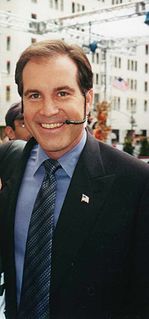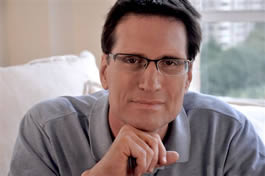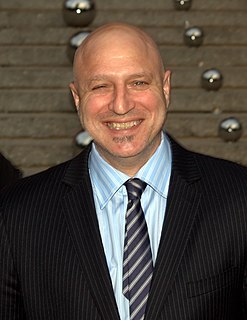A Quote by Henri Cartier-Bresson
The simultaneous recognition, in a fraction of a second, of the significance of an event as well as the precise organization of forms which gives that event its proper expression... In photography, the smallest thing can be a great subject. The little human detail can become a leitmotif.
Related Quotes
To me, photography is the simultaneous recognition, in a fraction of a second, of the significance of an event as well as of a precise organization of forms which give that event its proper expression. And this organization, this precision, will always escape you, if you do not appreciate what a picture is, if you do not understand that the composition, the logic, the equilibrium of the surfaces and values are the only ways of giving meaning to all that is continuously appearing and vanishing before our very eyes.
You have to understand that PTSD has to be an event that you experience, a very traumatic event. And actually, there is evidence that brain chemistry changes during this event in certain individuals where it's imprinted indelibly forever and there's an emotion associated with this which triggers the condition.
This is not remarkable, for, as we know, reality is not a function of the event as event, but of the relationship of that event to past, and future, events. We seem here to have a paradox: that the reality of an event, which is not real in itself, arises from the other events which, likewise, in themselves are not real. But this only affirms what we must affirm: that direction is all. And only as we realize this do we live, for our own identity is dependent upon this principal.
The event is not what you should be working on. You should be working on your response or reaction to an event. You either react to it - that means you become victimized, and you say this thing is happening to you - or you respond to it and say the solution must come through you - that's where you stay focused, not on the rightness, wrongness, fairness of the event, but on the appropriateness of your response.
If you're deeply engaged in an event, you're part of it. But if you're outside of it, disinterested, you are the regard that registers history. And that disinterestedness is different from objectivity. The objective view sees only the event, while the disinterested one participates as well as views by creating that link to history. It's a type of viewing that's both inside and out of the event, that brings to the viewing the capacity for human emotion, for compassion, but holds it openly. And objectivity excludes the human element, and is therefore not a point of view open to humans.
Surely the memory of an event cannot pass for the event itself. Nor can the anticipation. There is something exceptional, unique, about the present event, which the previous, or the coming do not have. There is livingness about it, an actuality; it stands out as if illumined. There is the "stamp of reality" on the actual, which the past and future do not have.
If I host something, even if it's just dinner at my house, I like the event to move. So that means cocktails in the family room, and then moving outside and having appetizers on the patio, and then moving to dinner at the dining table. It's just the idea of the event being curated to every little detail.
































